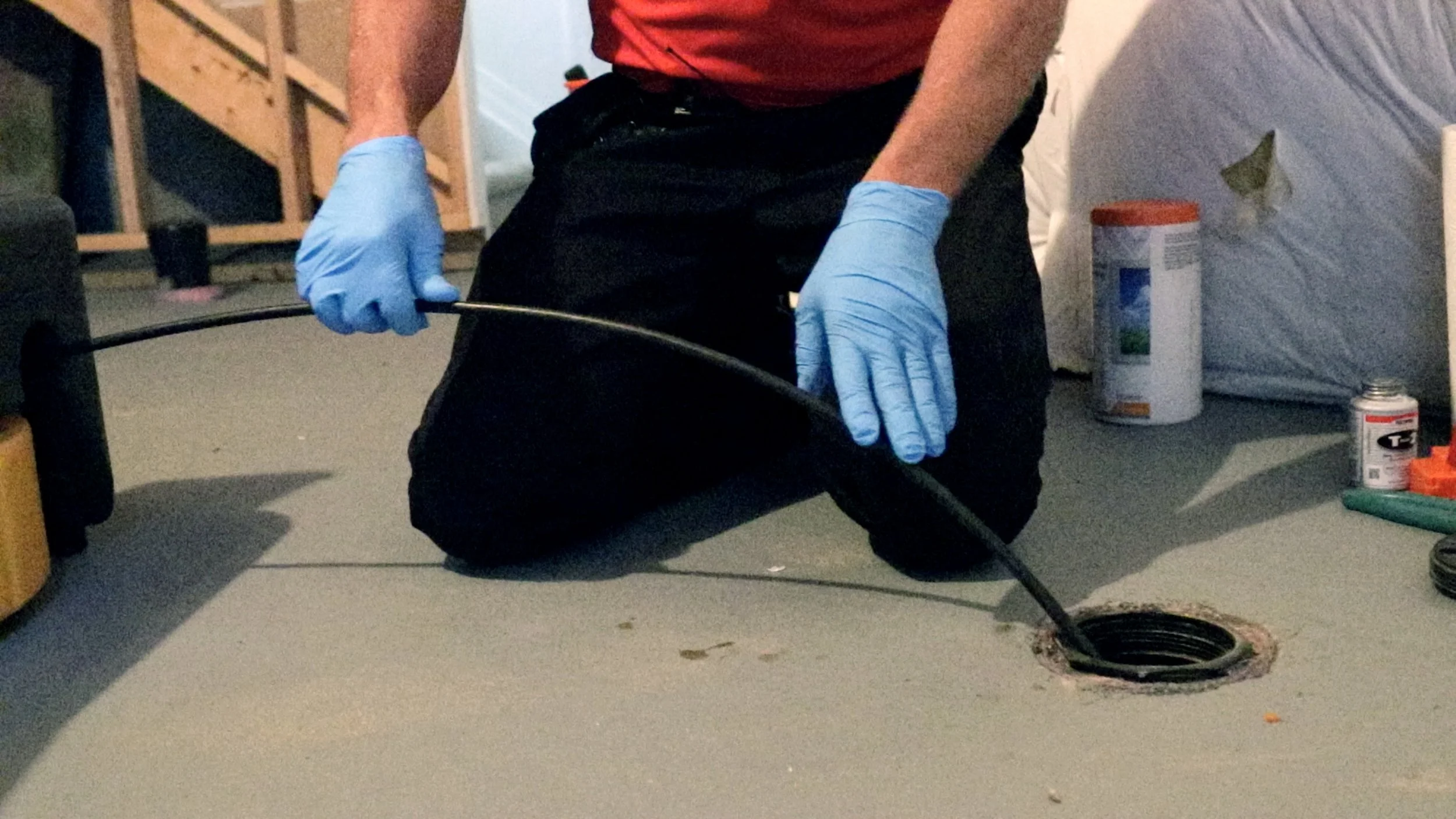
A sewer scope is a crucial component of a home inspection process that involves using a specialized camera and equipment to inspect the condition and functionality of a property's sewer or septic system. This inspection is typically performed by a trained and certified inspector who inserts a flexible, waterproof camera into the sewer or septic line through an access point, such as a cleanout or toilet, and navigates it through the pipes to assess their condition.
what is a sewer scope
Here are some key reasons why a sewer scope inspection is important for a home inspection:
Identify Blockages: One of the primary purposes of a sewer scope inspection is to detect any obstructions or blockages within the sewer or septic system. Blockages can cause backups, slow drainage, and even sewage spills, which can lead to expensive repairs and health hazards.
Assess Overall Condition: The camera used in a sewer scope inspection provides a detailed view of the interior of the sewer or septic pipes. This allows the inspector to assess the overall condition of the system, including the presence of cracks, corrosion, root intrusions, and other structural issues that may require immediate attention.
Evaluate Aging Infrastructure: For older homes, it is essential to determine the condition of the sewer or septic system. Over time, pipes can deteriorate, and joints can weaken, potentially leading to leaks or failures. A sewer scope inspection helps in assessing the integrity of these systems.
Prevent Future Expenses: Identifying problems with the sewer or septic system during a home inspection can save homeowners from unexpected and costly repairs after moving in. It provides an opportunity to negotiate repairs or replacements as part of the home purchase agreement.
In summary, a sewer scope inspection is an essential part of a comprehensive home inspection. It helps to uncover hidden issues within the sewer or septic system, allowing homeowners and buyers to make informed decisions about the property and avoid expensive surprises down the road.

